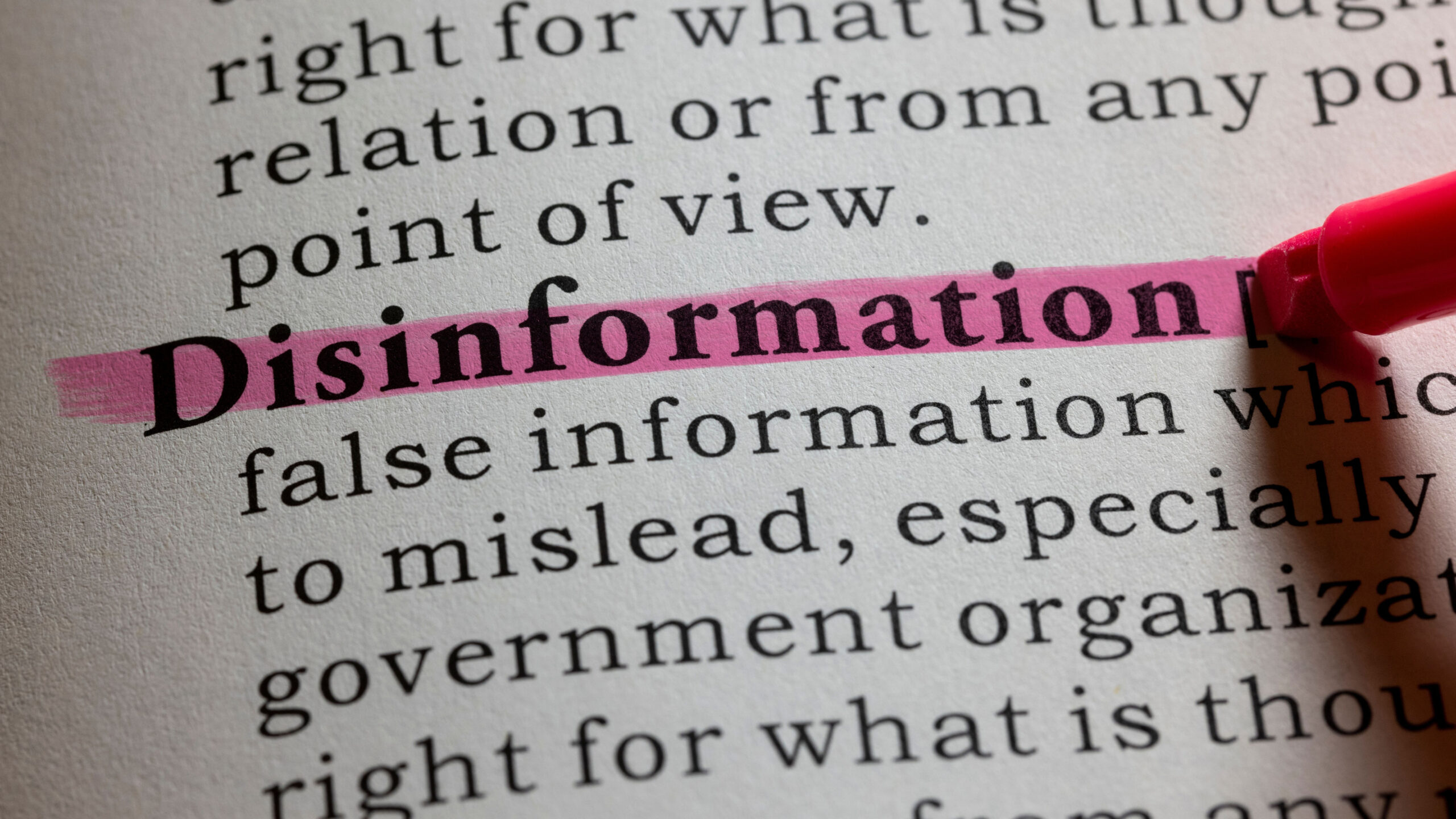Media Freedom Act: Last Chance for EU Policymakers to Remove Disinformation Loopholes

Main takeaways
- EU negotiators are trying to reach a deal on the European Media Freedom Act (EMFA)
- However, the proposed special treatment of media content requires more scrutiny
- In order to avoid creating dangerous loopholes for harmful content and disinformation, four major improvements still have to be made to Article 17
About a month ago, the European Parliament and EU Member States kicked off the final negotiations on the European Media Freedom Act (EMFA), with the ambition to reach a final deal by the end of 2023. These new rules aim to support media freedom and plurality in the EU, but they also include a new obligation for “very large online platforms” (VLOPs) to give special treatment to media outlets under Article 17.
As I explained in my earlier article, this would mean that VLOPs have to inform media publishers before their content is taken down or restricted if it doesn’t respect a platform’s terms and conditions. As always, the devil is in the details: this new obligation could either complement the Digital Services Act (DSA) in a useful way or become a dangerous loophole that can be used to spread harmful content and disinformation.
EU policymakers are rushing to the finish line right now. Nevertheless, they should still take enough time to make four key improvements, as those will determine whether the final legal text will be a win for media freedom in Europe – or not.
1. Make self-declaration of media airtight
The success and efficiency of the EMFA will stand or fall by making sure that only legitimate media outlets qualify for self-declaration and get access to special treatment by VLOPs. The additional safeguards proposed by both EU institutions so far are helpful, especially as they enable VLOPs to contact relevant regulatory bodies, or self-regulatory representatives, in case of doubt about whether an organisation really is a legitimate media outlet or not. What’s still missing right now is that the European Board for Media Services – gathering competent national authorities – should also be added to this equation in order to share the burden and foster harmonisation across countries.
2. Do not force content to stay up for 24 hours
VLOPs should not be mandated to keep (possibly problematic) content online for 24 hours while waiting for the response of the media outlet concerned. Forcing online platforms to carry content for an entire day during a pending content moderation decision is not a proportionate response to the problems the EMFA seeks to address.
On the contrary, it would create a massive loophole for rogue actors, who could spread false information and harmful content after going through the self-declaration process. Twenty-four hours is more than enough time for such content to spread widely, and dramatically influence the news cycle and opinions. Think, for example, about the massive damage this could do in the last 24 hours before an election or decisive referendum.
3. Prioritise content suspensions
For the special treatment under Article 17 to be effective, it should only focus on content suspensions. In other words, content that is permanently removed, which is the most impactful decision for any piece of content. Proposals to include all content restrictions (e.g. violent images that are blurred in a news feed or hidden behind a warning prompt) under the same regime are unguided as they can only negatively impact the safety of users. However, if the EU negotiators really deem content restrictions necessary, special treatment should be strictly limited to restrictions on content visibility, so that VLOPs can continue to restrict content insofar as it protects users, especially minors.
4. Do not interfere with landmark DSA
Article 17 of the EMFA and the Digital Services Act (DSA) are closely linked. In order to make sure DSA implementation continues smoothly, EU lawmakers should clarify that the EMFA’s special treatment shall not contradict the DSA. In particular, the DSA creates obligations for VLOPs to identify systemic risks and take mitigating measures. The EMFA should not support any derogations from this framework.
What’s next?
Many stakeholders have been vocal about the dangers that Article 17 presents to the fight against disinformation and the integrity of our public discourse. Members of the European Parliament and EU Member States now have a unique chance to adopt the first set of EU-wide rules that promote media freedom and plurality. However, they should take those repeated calls to protect Europe from disinformation seriously. Nobody will win if Article 17 is not improved before crossing the finish line.








